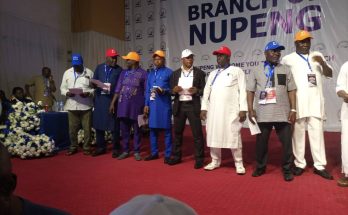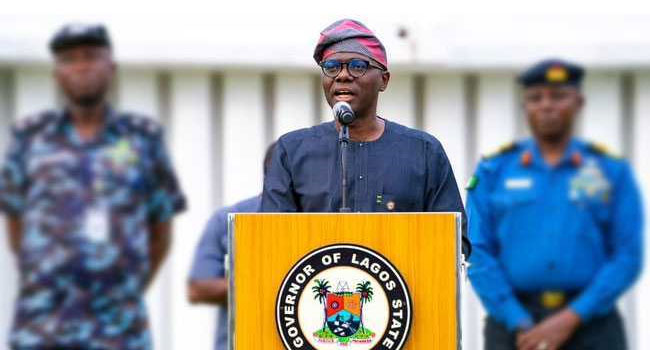The Atyap Community Development Association (ACDA) has called on Governor Uba Sani of Kaduna state, to distance himself from the controversial comments made by his predecessor, Malam Nasir El-Rufai, in a widely circulated video.
El-Rufai in the viral video was caught telling some Islamic scholars that the Muslim/Muslim ticket in Kaduna state would be sustained beyond 20 years.
President of the group, Mr Samuel Achie, made the call during the third edition of the Southern Kaduna Dialogue Series, organised by Tinam’s Initiative, an NGO.
Achie stated the need for Governor Sani to establish a clear distinction between his policies and those of former Governor Nasir el-Rufai.
“If Uba Sani must set a mark, in fact, there should be no meeting point between his policies and those of El-Rufai.
“I believe he has the opportunity to forge a distinct path forward, separate from the policies and statements of former governor Nasir El-Rufai,” he added.
Also speaking, Jubal Freeman Dabo, a public affairs and social development analyst, passionately challenged leaders to reshape and influence the thinking patterns of the youth.
Jubal said Southern Kaduna youth need to pledge an unwavering commitment to their homeland, even in the face of turmoil.
“I am Atyap, and we did not inherit cowardice. Even if the entire Southern Kaduna is on fire, I will go in.
“There would never be a reason why I wouldn’t go back to my home,” he added.
He emphasised the importance of equipping the youth with economic opportunities to keep them engaged and productive.
He stated that empowering young people through skill development and job creation would not only reduce idleness but also foster a sense of connection and belonging.
Jubal encouraged the youth to maintain strong ties with their roots, regardless of their current location or endeavors.
The statements made by both Achie and Dabo, reflect the growing concerns within the Southern Kaduna community regarding the impact of political statements and the need for leaders to prioritise the well-being of the people.




